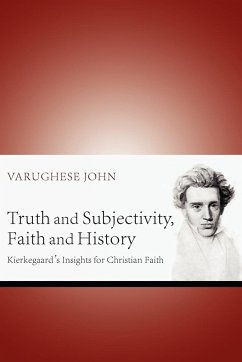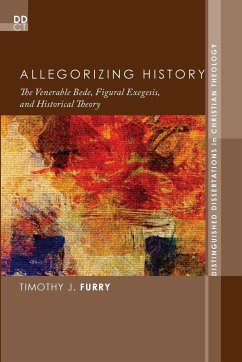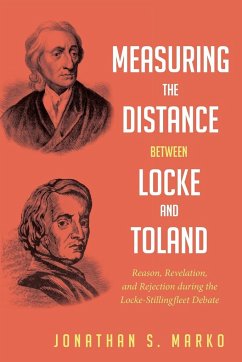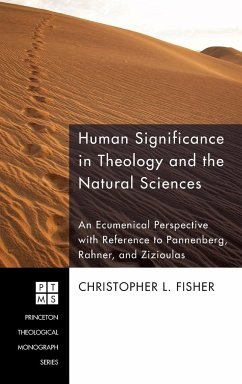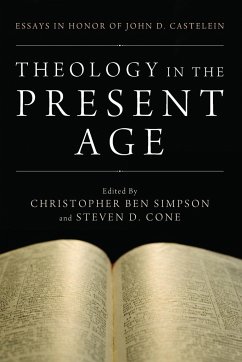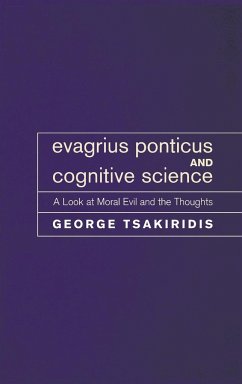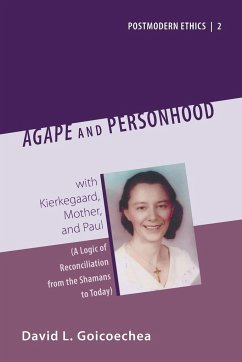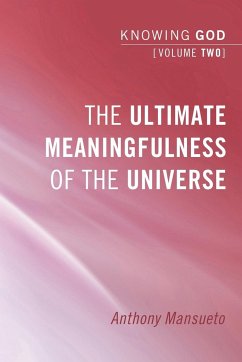What is truth? Philosophical explorations have merely presupposed truth, rather than define it. The inscrutable nature of truth is a recognition of human finitude, which is both Socratic (the recognition that one does not know) and non-Socratic (the recognition that truth has to be given from without). This opens the way to locating truth outside the individual, which can be appropriated only when the condition to recognize it is given. For Kierkegaard, the incarnation of Christ is the point when both revelation and the condition to recognize it, are given. However, incarnation, being historical, raises the question of objectivity and evidence. This book explores what truth implies for the individual and examines the value of historical research for Christian faith.
Hinweis: Dieser Artikel kann nur an eine deutsche Lieferadresse ausgeliefert werden.
Hinweis: Dieser Artikel kann nur an eine deutsche Lieferadresse ausgeliefert werden.

